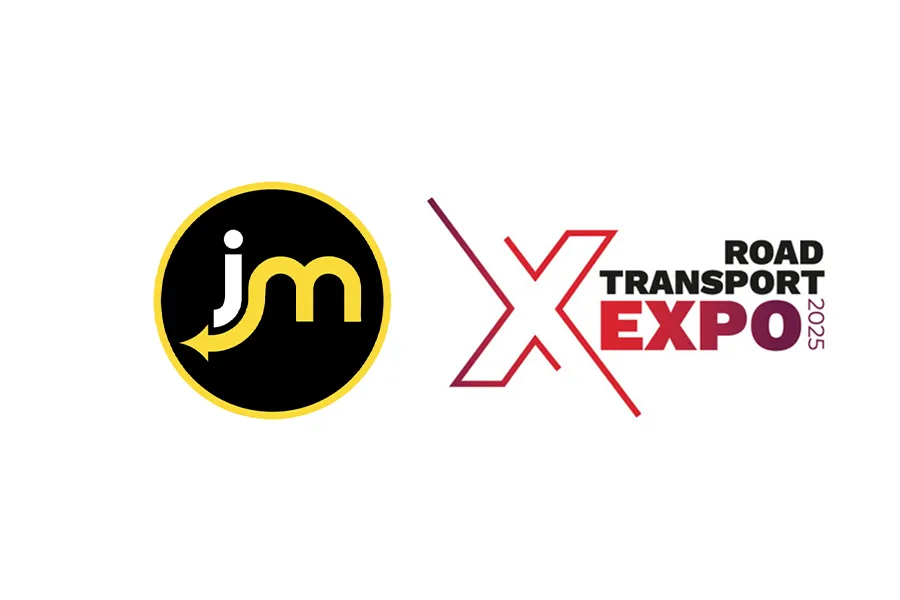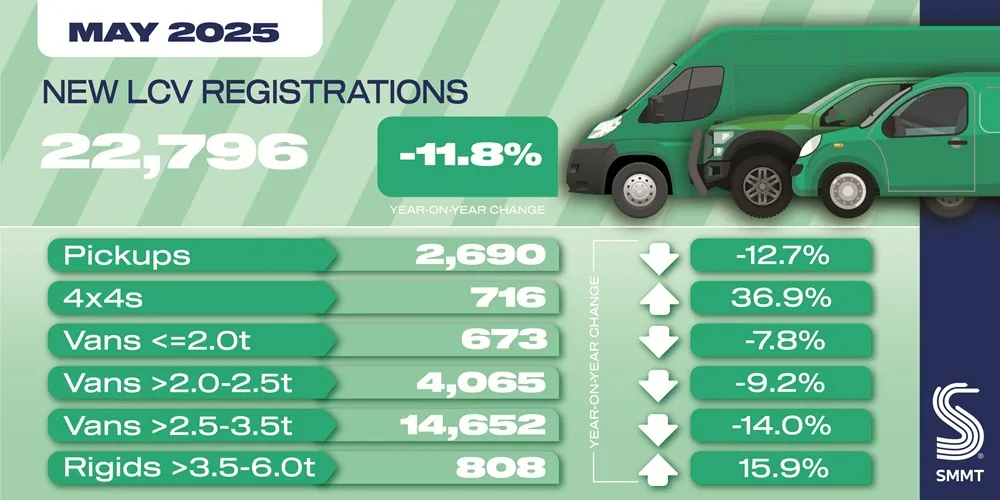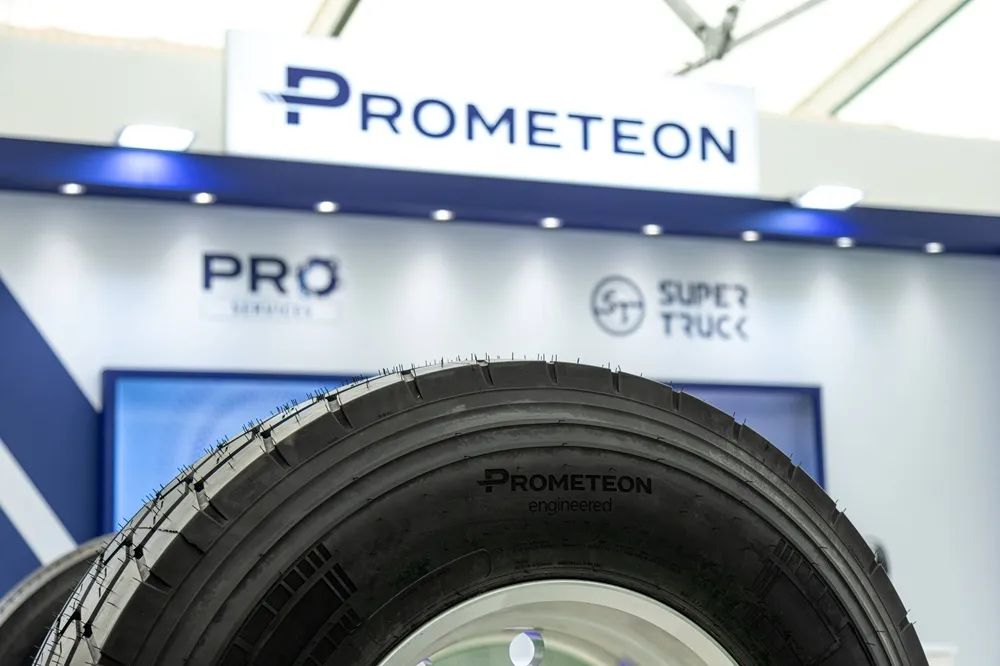Sri Lanka’s rubber industry’s global venture Global Rubber Industries (GRI) has moved into the green tyre manufacturing sector, taking the company into a new market space in line
GRI rolls out the green tyre across the globe
Sustainability is ingrained in the company and the technology used to ensure greening the tyres is relevant to the company’s future prospects, GRI CEO Mahesha Ranasoma said in an interview with the Business Times recently at the company’s headquarters in Colombo.
The company has invested in a factory in Badalgama, Gampaha that is manufacturing specialised tyres ...
GRI rolls out the green tyre across the globe
Sustainability is ingrained in the company and the technology used to ensure greening the tyres is relevant to the company’s future prospects, GRI CEO Mahesha Ranasoma said in an interview with the Business Times recently at the company’s headquarters in Colombo.
The company has invested in a factory in Badalgama, Gampaha that is manufacturing specialised tyres ...








